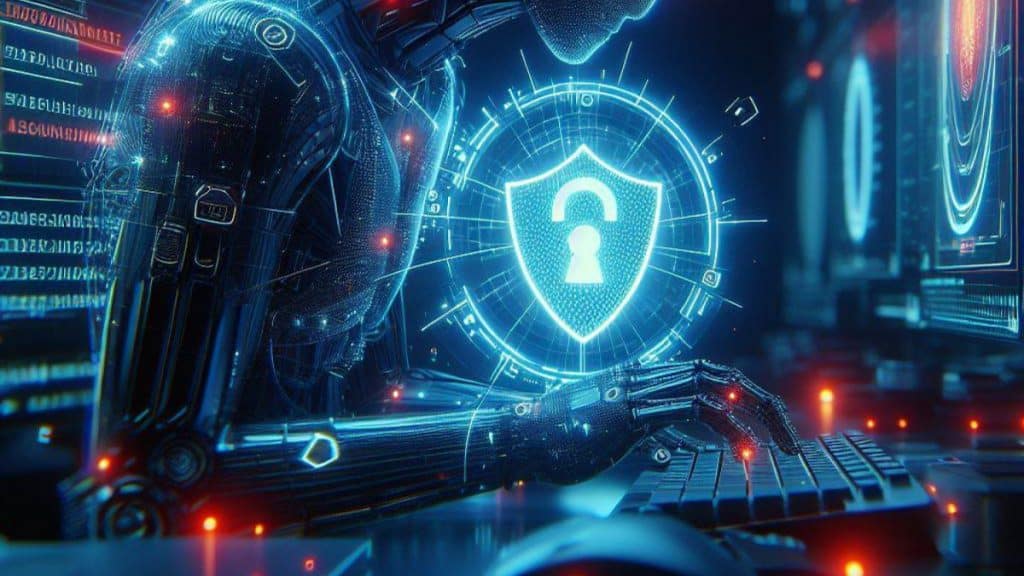Cybersecurity Emerged as a Dominant Threat for Indian Firms in 2023: Report


In Brief
Over 38% of Indian business leaders including CEOs and board members feel exposed to cybersecurity threats, according to a report from PwC.

A recent revelation that underscores the growing concerns over digital vulnerabilities, cybersecurity threats have emerged as the foremost challenge faced by Indian companies across various sectors.
Over 38% of respondents, including CEOs, board members, risk management experts, and technology professionals, feel highly or extremely exposed to cybersecurity threats, according to the 2023 Global Risk Survey by global consulting firm PwC.
The survey, which gathered responses from 163 Indian organizations among its 3,910 participants globally, marks a significant shift from the 2022 Global Risk Survey. Cybersecurity has ascended two positions, claiming the top spot on the risk radar, surpassing other critical concerns.
Digital and technology risks collectively account for 35% of the total responses, revealing the anxiety among business leaders in India. This shift in perception is indicative of the evolving threat landscape and the necessity for robust cybersecurity measures.
To counter these challenges, Indian organizations are proactively investing in cybersecurity tools, with 55% earmarked for this purpose. Additionally, AI, machine learning and automation technologies are set to play a pivotal role, with an equal percentage of organizations expressing intent to invest in these areas within the next one to three years.
To support these cybersecurity initiatives, a noteworthy 71% of Indian organizations are actively collecting and analyzing cybersecurity and IT data. This data-driven approach is aimed at not only identifying potential threats but also capitalizing on opportunities and managing risks effectively.
As cyber threats continue to evolve, companies need to adapt to safeguard their digital assets, ensuring resilience and business continuity in an era dominated by technology.
2024’s Tech Challenges: AI Gap and Security Risks
As technology rapidly advances, a significant challenge emerges in the form of a widening gap in AI knowledge among cybersecurity professionals.
Despite the anticipated dominance of AI in enterprise investments, Currently, there exists a staggering shortage of 3.4 million professionals, leaving a void in the defense against cyber threats. As transformative effects of emerging technologies reverberate through organizations, experts predict that this shortage will only intensify, posing significant challenges to the resilience and security of the global economy.
The allure of cloud-based AI resources for adversaries has become pronounced, requiring a proactive response in the coming year. The anticipated surge in Cloud Native Application Protection Platforms (CNAPP) in 2024 aims to counteract the growing threat of opportunistic attacks on AI systems. These platforms will play a pivotal role in securing large datasets stored in the cloud, ensuring the integrity of AI models against malicious exploitation.
Likewise, CrowdStrike’s review uncovers rising exploitation targeting EOL products like Windows 8.1, MS SQL Server 2012, and Windows Server 2003, posing significant security risks for organizations.
To address the evolving threat landscape, organizations are expected to take a unified approach to security and IT operations in 2024. Chief Information Security Officers (CISOs) and Chief Information Officers (CIOs) are steering towards platforms over legacy solutions, seeking AI-native solutions.
The industry-wide shift aims to provide a cost-effective, streamlined, and collaborative single point of control, halting breaches and overcoming resource constraints.
Disclaimer
In line with the Trust Project guidelines, please note that the information provided on this page is not intended to be and should not be interpreted as legal, tax, investment, financial, or any other form of advice. It is important to only invest what you can afford to lose and to seek independent financial advice if you have any doubts. For further information, we suggest referring to the terms and conditions as well as the help and support pages provided by the issuer or advertiser. MetaversePost is committed to accurate, unbiased reporting, but market conditions are subject to change without notice.About The Author
Kumar is an experienced Tech Journalist with a specialization in the dynamic intersections of AI/ML, marketing technology, and emerging fields such as crypto, blockchain, and NFTs. With over 3 years of experience in the industry, Kumar has established a proven track record in crafting compelling narratives, conducting insightful interviews, and delivering comprehensive insights. Kumar's expertise lies in producing high-impact content, including articles, reports, and research publications for prominent industry platforms. With a unique skill set that combines technical knowledge and storytelling, Kumar excels at communicating complex technological concepts to diverse audiences in a clear and engaging manner.
More articles

Kumar is an experienced Tech Journalist with a specialization in the dynamic intersections of AI/ML, marketing technology, and emerging fields such as crypto, blockchain, and NFTs. With over 3 years of experience in the industry, Kumar has established a proven track record in crafting compelling narratives, conducting insightful interviews, and delivering comprehensive insights. Kumar's expertise lies in producing high-impact content, including articles, reports, and research publications for prominent industry platforms. With a unique skill set that combines technical knowledge and storytelling, Kumar excels at communicating complex technological concepts to diverse audiences in a clear and engaging manner.





















































